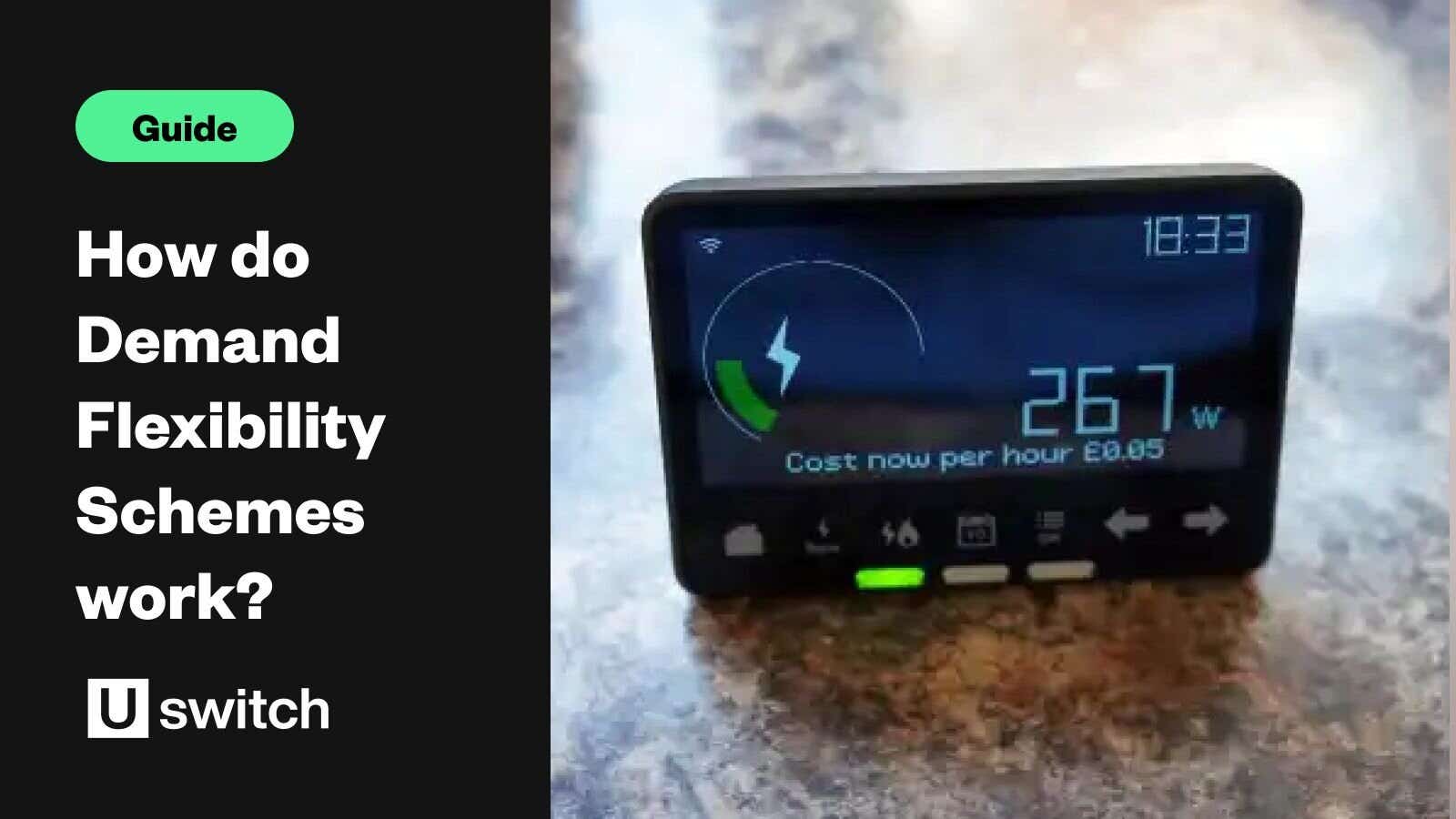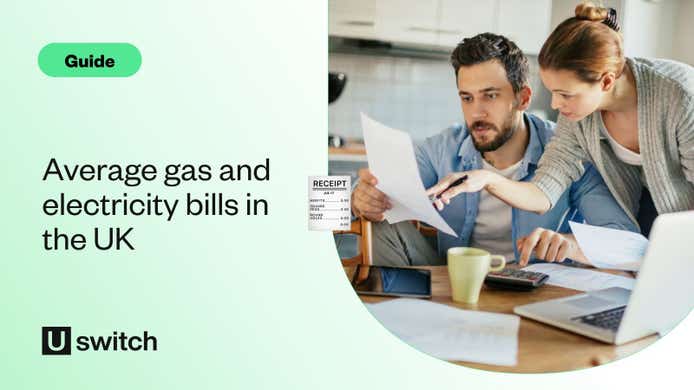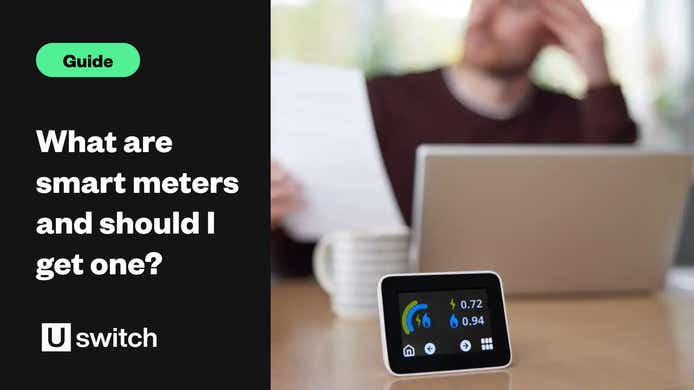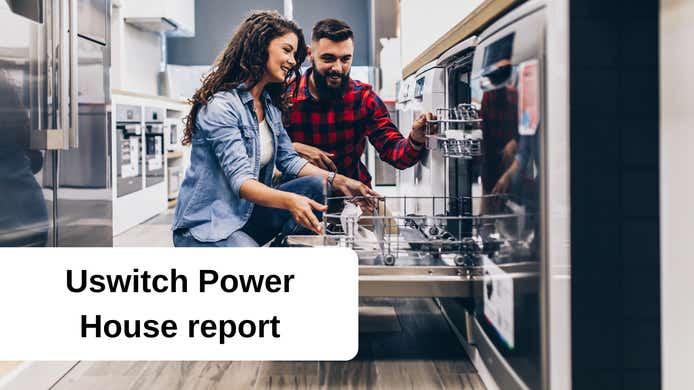What is the Demand Flexibility Service?
The Demand Flexibility Service is being operated for the first time by the National Grid in a bid to conserve energy supplies and reduce strain on the grid during periods of cold weather. Energy customers are asked to turn everything off for a specified length of time (usually an hour or two) and can then earn money back for every kWh of energy they save by doing so. They were first mooted as ways to prevent blackouts but that risk has lessened thanks to mild winter weather and sufficient stored energy across Europe.
How does the Demand Flexibility Service work?
Suppliers notify customers when the date and time of a saving period is finalised - this can often be at short notice, so customers will need to be alert, though they will often be timed to occur when energy usage is at its peak in the early evening. The schemes are only open to customers with electricity smart meters because suppliers monitor usage through them for the duration of the saving period.
Is the Demand Flexibility Service worth signing up to?
It could be argued that, because the amount of money customers can save is relatively low - around £3 per kWh - demand flexibility schemes are perhaps not worth the effort of using no energy. However, as a way of helping customers change their usage habits and become more aware of how different appliances and actions drive energy consumption up (sometimes unnecessarily), it should help reduce high demand on the grid in months and years to come.
How does Utrack Money Back work?
Utrack Money Back, which is available to sign up to through the Utrack app, works in the same way as the other demand flexibility schemes, but with one important difference: customers keep 100% of the money they earn. Additionally, while many suppliers have stopped accepting new applicants for their demand flexibility schemes, Utrack Money Back is still open to new applicants, regardless of who their supplier is.
You can find out more about Utrack Money Back here.
Which suppliers are part of the Demand Flexibility Scheme?
The following providers and organisations are part of the Demand Flexibility Scheme:
| Domestic or non-domestic | |
|---|---|
| British Gas | Domestic |
| CarbonLaces | Domestic and non-domestic |
| Conrad Energy | Non-domestic |
| CUB (UK) Ltd | Non-domestic |
| Drax | Non-domestic |
| EDF Energy | Domestic and non-domestic |
| ENGIE Power Limited | Non-domestic |
| E.ON Next | Domestic |
| Equiwatt | Domestic and non-domestic |
| ev.energy | Domestic |
| Flexitricity | Non-domestic |
| Grid Beyond | Non-domestic |
| Gridimp | Non-domestic |
| Hildebrand Technology Limited | Domestic |
| Hugo Energy App (via SMS) | Domestic |
| Labrador (via Perse Technology Ltd) | Domestic and non-domestic |
| Loop.homes (via SMS) | Domestic |
| myenergi (via Orange Power) | Domestic |
| Oaktree Power | Non-domestic |
| Octopus Energy | Domestic and non-domestic |
| OVO Energy | Domestic |
| Pearlstone Energy | Non-domestic |
| Power Rewards App (via Orange Power) | Domestic |
| Shell Energy Retail (Via SMS) | Domestic |
| SMS (aggregator) | Domestic and non-domestic |
| VpowerU | Domestic and non-domestic |
| Zenobe Energy Limited | Non-domestic |




